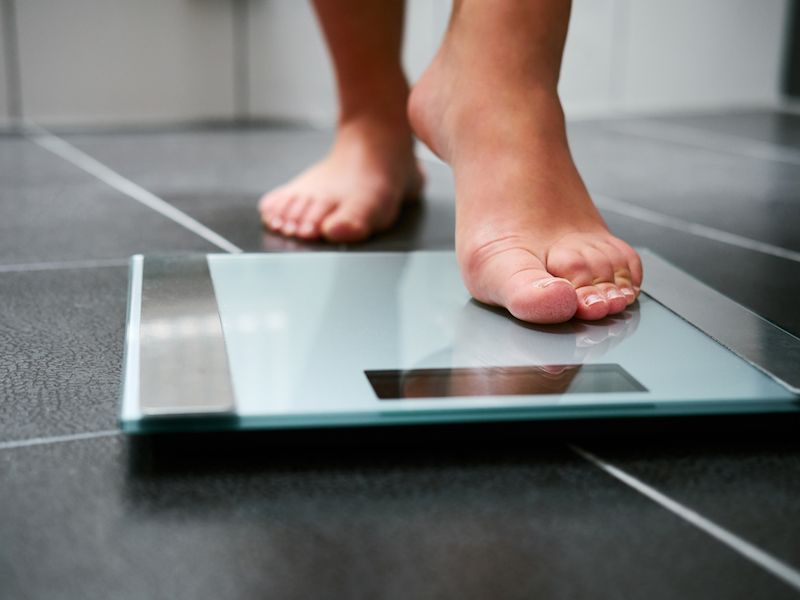
It’s well known, that over longer periods of time, eating way too much will be unhealthy to your health. Obesity is related to a number of health conditions. You can add hearing loss to high cholesterol, heart disease, and diabetes as a potential concern. It’s estimated that roughly 48 million individuals in the United States, loss of hearing is a problem for approximately 20% of the U.S population, and almost double that number of adults, 93 million, are obese. These figures are staggering and point to a significant health concern throughout the country.
How Is Obesity Linked to Hearing Loss?
Several studies have demonstrated that hearing loss and being overweight have a connection. Although experts are still investigating the link, it’s believed that obesity is linked to hearing loss because the circulatory system is impacted. Also, obesity is linked to diabetes and high blood pressure, which are also connected to hearing loss.
Sound in the ear is detected by tiny hairs in the inner ear. These little hairs, called stereocilia, have to have a steady flow of blood and oxygen to function correctly. Due to obesity, the blood flow is restricted throughout the body because the heart must work harder to get the blood flowing throughout the body, which means that your inner ear is operating on less-than-optimal blood flow. The ears can be irreversibly damaged in this way. Diabetes, high blood pressure, and heart disease impact the inner ear in a similar manner, as each of these conditions negatively impacts your blood flow.
Keeping your weight under control is especially important as you age since age-related hearing loss is also linked to a high fat mass index. Your body’s metabolism won’t work as fast or as well as it did in the past, which is the reason why you should attempt to formulate healthy habits when you’re younger and stay to those habits as you get older.
Your hearing and your general health are benefited by a healthy diet.
Treatments For Obesity-Related Hearing Loss
It’s a possibility that you may not be able to recover your lost hearing if it’s triggered by obesity, still, in order to figure out how significant your hearing loss is, it’s necessary to get your ears checked out. If you have permanent damage, you may need a hearing aid or other device to begin hearing properly again.
If the damage is only slight, you might have considered trying to consult your physician before your health becomes worse, about developing a diet and exercise plan to reduce the impact your weight has on your well being. Your doctor should recommend a cardio intensive exercise program that will get your blood pumping and enhance your general health. There will be, more than likely, other improvements in your life also, such as mental health, since consistent exercise has been proven to lessen depression.
Obesity-Related Hearing Loss, How to Stop it
In order to avoid obesity-related loss of hearing consistent exercise and a nutritious diet are essential. Your hearing will most certainly be kept in better shape if you keep your body healthy. A strategy that can help you attain your goals and that is individualized for you can be created by a nutritionist. The nutritionist can make certain you’re eating nutritious foods with the best mix of nutrients, foods that are high in iron, for instance, since, you guessed it, a lack of iron in your diet can lead to tinnitus and cause hearing loss.
Discover more regarding hearing loss and the solutions available to let you hear better.